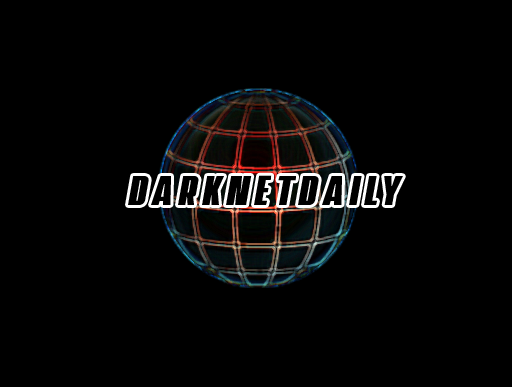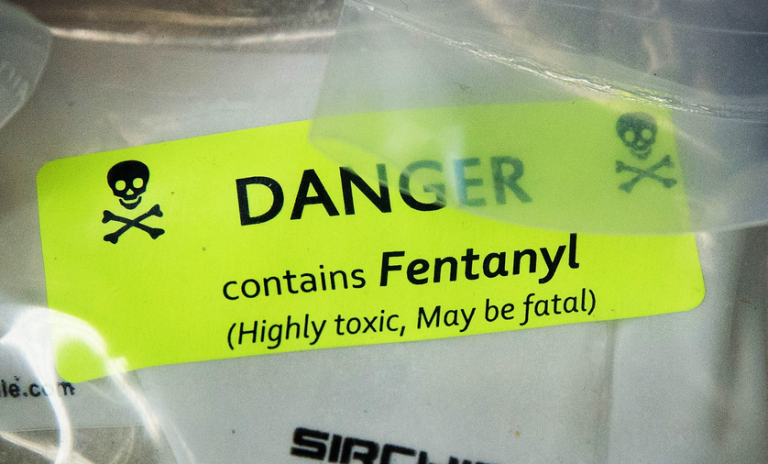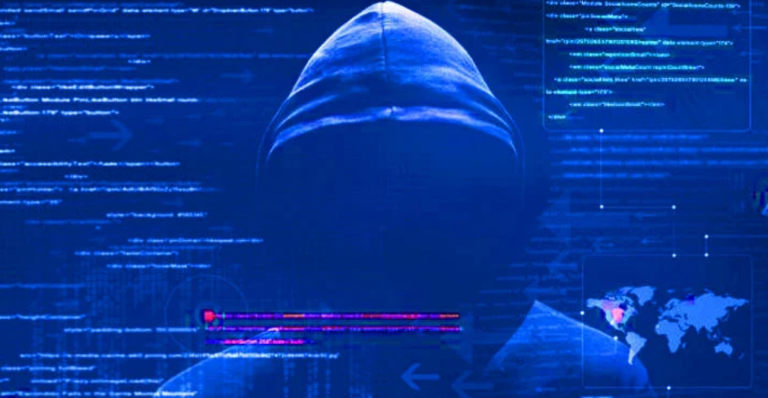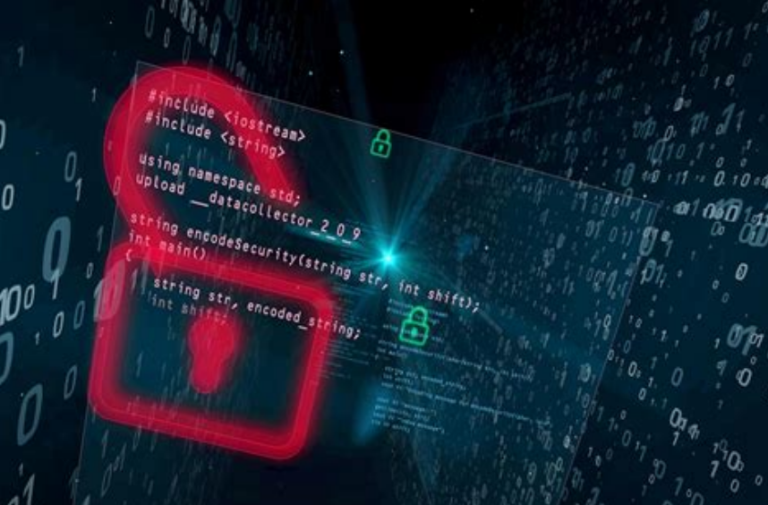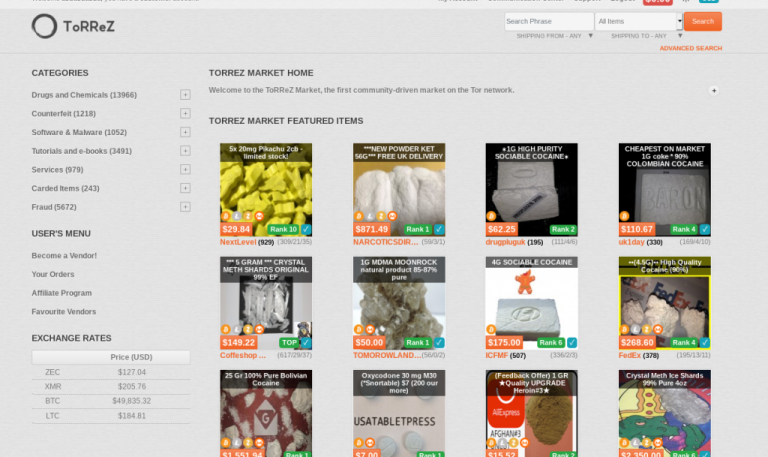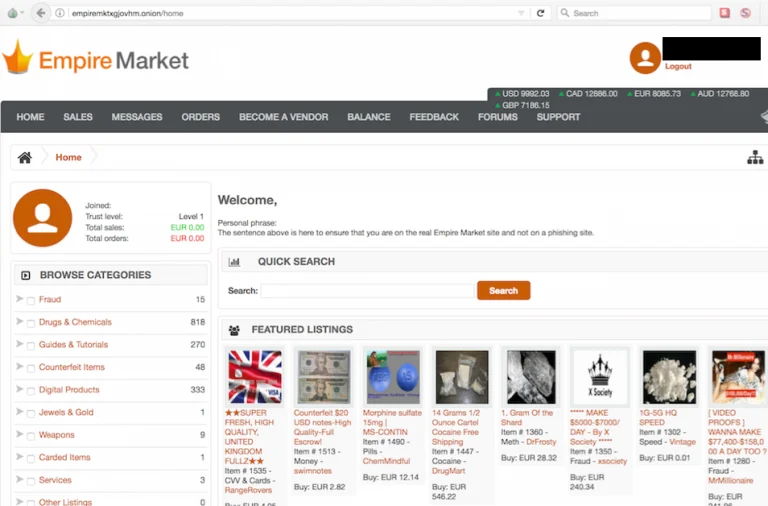
Dread is the largest and most active social media forum for darknet- and privacy-related topics. Launched in early 2018 as a response to Reddit’s removal of subreddits deemed too sensitive, it does not have a clearnet presence and can only be accessed on the dark web via Tor or i2p. The creator of Dread is HugBunter, and the principal admin is Paris. The layout of the forum is vaguely similar to Reddit, with content divided by subject into “subdreads.” Anyone is allowed to create an account on Dread (so long as they have access to Tor or i2p) and its owners have fostered a libertarian environment where most content is not moderated as long is it is deemed on-topic and not spam.
Dread link – dreadytofatroptsdj6io7l3xptbet6onoyno2yv7jicoxknyazubrad.onion

Dread has close to 200,000 members and employs a “points” system that is somewhat like that used by Reddit. Recently the forum introduced some Twitter-esque personalization features that allow users to select subjects they are interested in to “provide relevant subdread community suggestions and other personalized experiences.” Upon login, Dread displays the “Frontpage” by default, which is a list of recently created and most active threads at the given time. Other menu options including viewing all posts, the Dread (main) subdread, and posts saved by the user. An account is not required to browse the contents of the forum.
Subdreads
Some of the most popular subdreads on the forum include:
- /d/Dread – official community for Dread announcements
- /d/DarkNetMarkets – user discussion about darknet markets and vendors
- /d/OpSec – discussion of Operations Security (OpSec), threat models, and protection
- /d/Hacking – everything related to hacking, programming, and OpSec
- /d/Monero – discussion of the privacy cryptocurrency Monero (XMR)
Security Features
Though the account creation process is simple and accessible to all, Dread features several advanced security measures which render it quite different from most other discussion forums. According to Paris, Dread was originally meant to be an open-source project, except “the code is far too complicated with tons of proprietary systems for anti-manipulation which is far too hard to remove now.” The forum offers PGP verification for all users (though not required), claims to wipe data deleted by its users, and uses no JavaScript of any kind. It also employs a somewhat laborious captcha system to deter spammers and DDOS attacks.
Dread Pros
- Contains info that makes it an essential must-read for regular users of darknet markets.
- Fosters an environment that promotes discussion among a solid base of users.
- Vetting process for markets to promote inclusion of trustworthy operations.
- Admins are active participants and willing to answer user questions about the forum.
Dread Cons
- Still rather small in terms of active users after four years in service.
- Innate lack of transparency makes it hard to validate admin and moderator claims.
- Confusing captcha system likely dissuades some users from participating.
- Libertarian-bent discussions can make atmosphere feel anarchic, not for the feint of heart.
Dread URL – dreadytofatroptsdj6io7l3xptbet6onoyno2yv7jicoxknyazubrad.onion
Conclusion
Overall, Dread is the primary go-to place for news and information about the latest in darknet markets and other areas of the dark web. Available via Tor and i2p only, it is not subject to limitations on discussion imposed by traditional social media forums. Markets must go through a vetting process to obtain their own subdread, and this helps keep a lot of scams and riff-raff from filling their pages. Dread is still not perfect by any means and relies on careful guidance by admins and moderators, but one would be hard pressed to find a better place for discussion of all-things darknet market-related.
